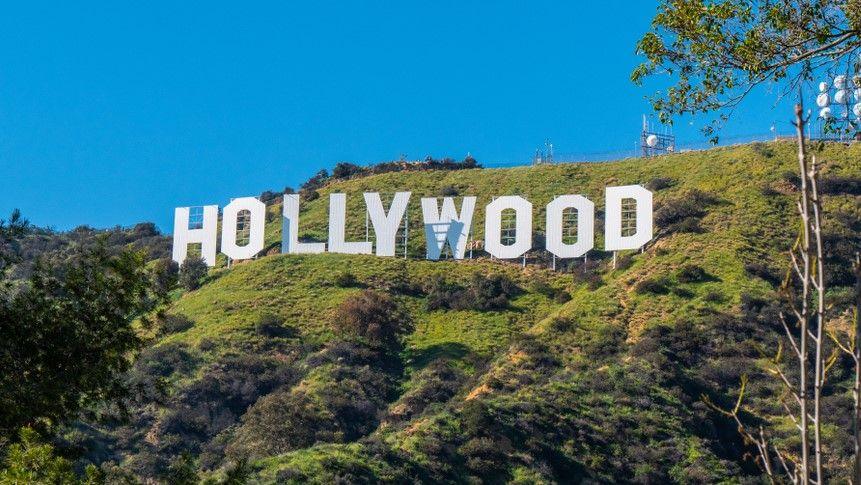- The release of Sora 2 has prompted a Hollywood agency to publicly condemn OpenAI’s AI video creator
- The agency warned that Sora 2 poses a serious threat to performers’ image rights and compensation.
- OpenAI has begun adjusting the parameters of Sora 2 and hints at future security barriers and revenue sharing.
OpenAI’s new Sora 2 AI video generator and instantly popular new social app have been available for a few days, but the company is already facing backlash from some of the most powerful people in Hollywood. The Creative Artists Agency (CAA), which represents some of the biggest names in entertainment, has issued a fiery statement condemning Sora 2.
In an unsigned memo, CAA accused OpenAI of ignoring its customers’ rights and raised the issue as a moral test. The Cameo feature that allows users to star in their AI-generated clips drew particular ire, although not because of its name.
“It is clear that Open AI/Sora exposes our customers and their intellectual property to significant risk. The question is: Do OpenAI and its partner companies believe that humans, writers, artists, actors, directors, producers, musicians and athletes deserve to be compensated and credited for the work they create?” CAA wrote in the memo. “Or does Open AI think they can simply steal it, ignoring global copyright principles and blatantly disregarding the rights of creators, as well as the many people and companies that fund the production, creation and publication of these humans’ work? In our opinion, the answer to this question is obvious.”
It’s the most direct public confrontation yet between Hollywood talent and Silicon Valley AI experimenters. CAA’s tone is clearly meant to sound intimidating. And it makes sense since the Cameo feature shows how relatively easy it is to imitate someone’s image and voice with just a short example clip. And then it only takes one viral AI remix to go from fun to infringement.
AI Star Clash
CAA is not alone in its position. Rival agencies WME and UTA have released their own similarly worded statements, with WME telling OpenAI to remove all of its Sora 2 clients.
The release of Sora 2 is the familiar startup approach of making mistakes and then fixing them. The entertainment industry’s approach is to cover all potential licensing, consent and credit issues long before a single frame of the film is seen. Those two approaches collide.
And OpenAI is paying attention. CEO Sam Altman himself seems to acknowledge that Sora 2 may have gone too far. In a cautiously worded blog post, he admitted potential problems and promised changes, possible partnerships and monetization in the future.
OpenAI seems keen to assure the industry that Sora 2 won’t turn Brad Pitt into a TikTok cameo without permission. The company confirmed that Cameo is supposed to give public figures control over their own image, requiring them to upload a Cameo and make it explicitly available to the public; Otherwise, the technology should reject others’ attempts to do so. If you’re a celebrity and haven’t handed over the digital keys yourself, Sora isn’t supposed to allow users to include you in their AI-generated videos.
For deceased public figures, their estates can request deletion, which OpenAI says it will honor. However, it is unclear whether this will prevent lawsuits. The system relies heavily on individuals to set permissions. And that’s not enough for some. The Motion Picture Association has bluntly warned OpenAI that it is the AI company’s responsibility to prevent copyright violations.
Even with controls in place, there is confusion around copycats, deepfakes that are legally distinct but may seem too close for comfort. And skepticism has only deepened in recent months as AI-generated videos of deceased celebrities like Robin Williams and Gene Wilder have gone viral, often crossing emotional boundaries for fans and families alike.
Sora’s apparent openness to heritage requires gestures to make up for that, but still leaves the door open to bad actors who won’t bother asking permission. The consequences of all of these issues will likely determine how future consumer AI video tools will perform. The CAA memo points to a willingness to make AI videos with celebrities possible, as long as the right rules and compensation are in place.
“Control, permission to use, and compensation are fundamental rights of these workers,” CAA wrote. “Anything other than the protection of creators and their rights is unacceptable.”
Follow TechRadar on Google News and add us as a preferred source to receive news, reviews and opinions from our experts in your feeds. Be sure to click the Follow button!
And of course you can also follow TechRadar on TikTok for news, reviews, unboxings in video form and receive regular updates from us on WhatsApp also.




